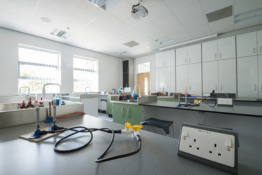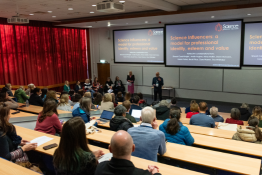Our Policy Work
The Association for Science Education provides an independent, powerful voice for the science education community. Our ambition is to bring our expertise to bear, to influence science education policy at national levels. Science education should prepare present and future citizens for modern society, stimulate interest in the further study of the sciences and educate the next generation of science-based professionals.
We represent the views of our members on a broad range of areas across science education. Submissions to government consultations and position statements are written by expert committee members supported by staff.
Listed below are some key policy areas where we have, through our expert committees, pulled together our policy perspective overview. This reference area will continue to grow through our Policy Committee.
Curriculum Review
We submitted ASE's response to the Curriculum Review 'Call for Evidence' back in November. You can access our full response below. We also issued a response to the interim report, which is also linked below. We have subsequently issued an initial response and Committee response to the publication of the final Curriculum and Assessment Review in November 2025. See links below.
Our partnership work
In addition to our own policy work, the ASE , Institute of Physics, Royal Society, Royal Society of Biology and Royal Society of Chemistry work in partnership to promote high-quality science education in schools as a Science Education Policy Alliance. As part of this group, we provide guidance and advice to those who make policy decisions about science education and advocate evidence-informed science education policy.
Similarly ASE works as part of the Learned Societies' Group on Scottish Science Education (LSG) which was established in 2012. Its remit includes identifying and promoting priorities for school science education in Scotland; monitoring and responding to school science education initiatives and developments; and stimulating debate relating to these issues in Scotland. The group comprises representatives from the: ASE, British Computer Society, Engineering Policy Group in Scotland, Institute of Physics, Royal Society of Chemistry, Royal Society of Edinburgh and Society of Biology.



